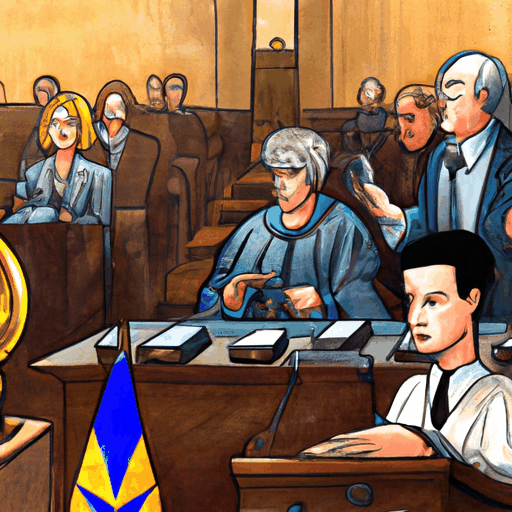
FTX and Alameda Slapped with $12.7 Billion CFTC Settlement, Banned from Crypto Trading
By: Eva Baxter
US District Judge Peter Castel has approved a $12.7 billion settlement in a case involving the US Commodity Futures Trading Commission (CFTC), the bankrupt FTX exchange, and its affiliate, Alameda Research, according to a court filing dated Aug. 7.
Judge Castel’s ruling mandates that FTX and Alameda must pay $8.7 billion in restitution to investors affected by their 2022 collapse and an additional $4 billion in disgorgement. Notably, the CFTC will not impose civil monetary penalties, so the $12.7 billion will be directed to FTX creditors.
The settlement significantly reduces the CFTC’s initial demand of about $52.2 billion in restitution, disgorgement, and penalties.
Meanwhile, the court has also permanently barred FTX and Alameda from offering crypto trading services or acting as market intermediaries. Judge Castel stated:
“[FTX and its related entities are permanently barred from] soliciting, receiving, or accepting any funds from any person for the purpose of purchasing or selling any commodity interests or digital asset commodities, including but not limited to bitcoin (BTC), ether (ETH), or tether (USDT).”
This ruling follows a July agreement between FTX and the CFTC to resolve ongoing litigation and avoid the costs and delays of further court proceedings.
The settlement occurs amid controversy over FTX’s proposed reorganization plan, which aims to pay approximately 98% of users 118% of their claims, especially for amounts under $50,000. This plan is based on asset values from the November 2022 bankruptcy filing.
However, critics argue that the plan undermines creditor value since many digital assets have appreciated since the firm’s collapse.
FTX Examiner Needs More Time
FTX Examiner Robert J. Cleary has filed a motion requesting more time to complete its Phase II Report, citing the need for additional documents and interviews with key witnesses.
Cleary's investigation, which began in June, includes examining legal services provided by Sullivan & Cromwell LLP to Sam Bankman-Fried, the pre-bankruptcy sale of Ledger Holdings Inc., and inconsistencies in FTX US’s balance sheet. The original deadline for the report was Sept. 11.
Cleary now seeks an extension until Sept. 27 for the public release of his report.
Nicholas Hall, a bankruptcy lawyer, said the Examiner’s request showed that the parties under investigation are not cooperating with the Examiner. He also pointed out that creditors would vote on FTX’s plan without crucial information that could influence their decisions.
He added:
“By requiring FTX creditors to vote before the Examiner’s report is available, the Plan effectively bars them from changing their vote or later objecting based on new information. This is fundamentally unfair and prejudices the rights of creditors.”



